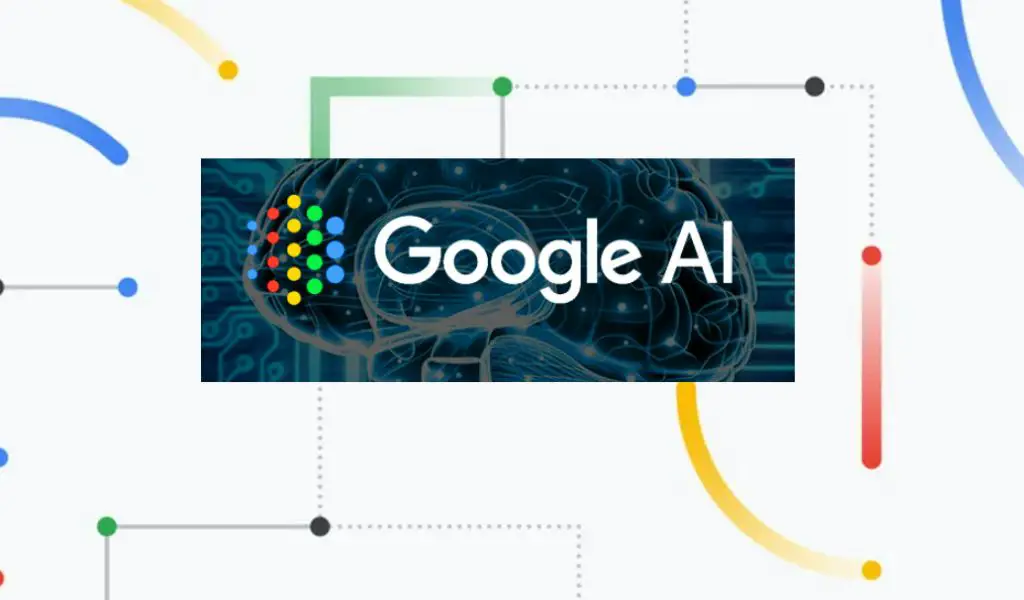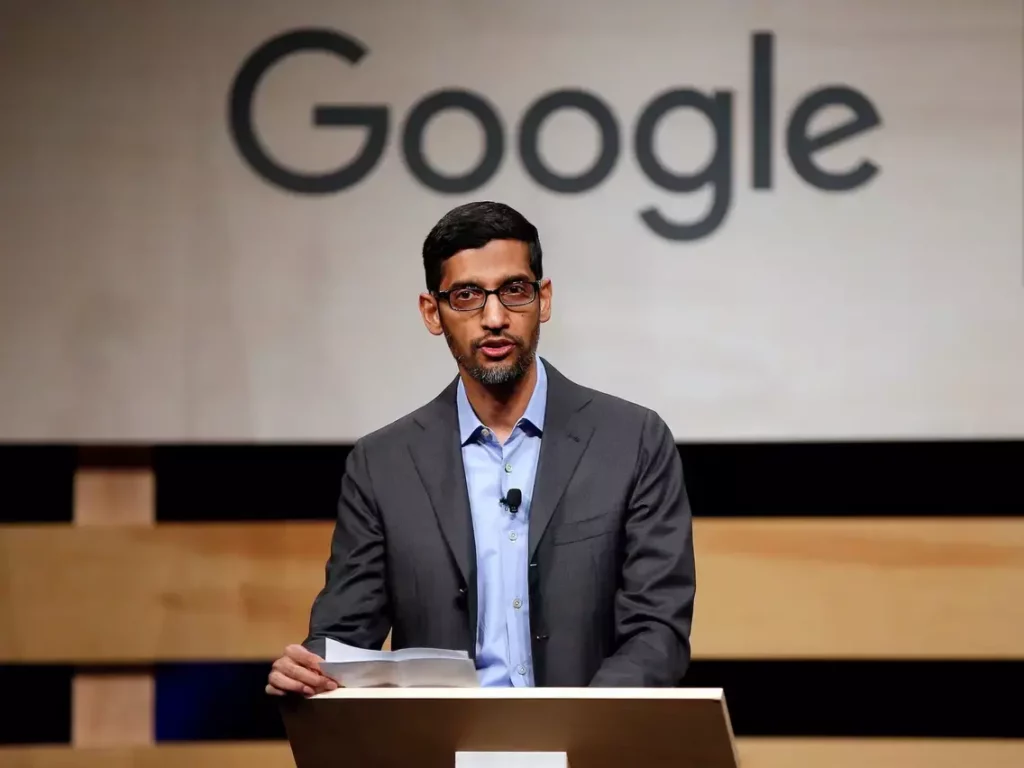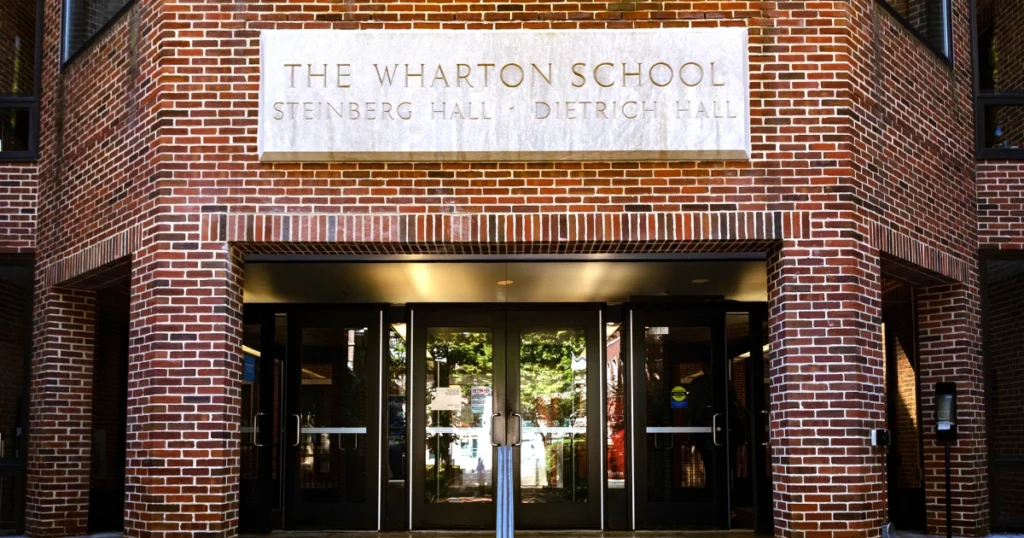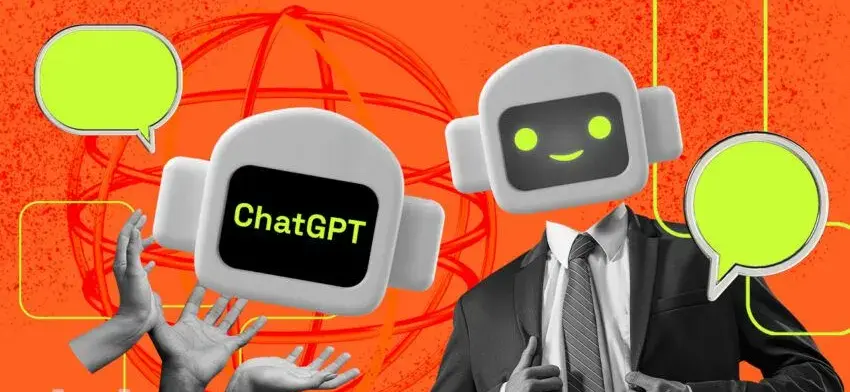In the fast-paced world of Artificial Intelligence, one platform has been generating quite a buzz lately—Google Bard. With its cutting-edge features and innovative approach, Bard is revolutionizing the way we think about the future of Artificial Intelligence. But here’s the question that often arises: Is Bard an open-source platform? So, fasten your seatbelts and get ready to embark on a captivating journey through the world of Bard and its open-source philosophy, and let us find out Is Google Bard Open Source.
Users usually have questions whenever a new platform joins the race. Is Bard Safe was the first question discussed in Tech lobbies, and now about Bard being open source. Open source has long been associated with transparency, freedom, and innovation. From the codebase to the features and functionalities, the openness of Bard holds the potential to unlock new opportunities and possibilities.
So, let’s embark on this exploration together, uncovering the essence of Bard’s open-source DNA. Solving the quest of Is Google Bard Open Source is our mission in this article.
In This Article
Is Google Bard Open Source?
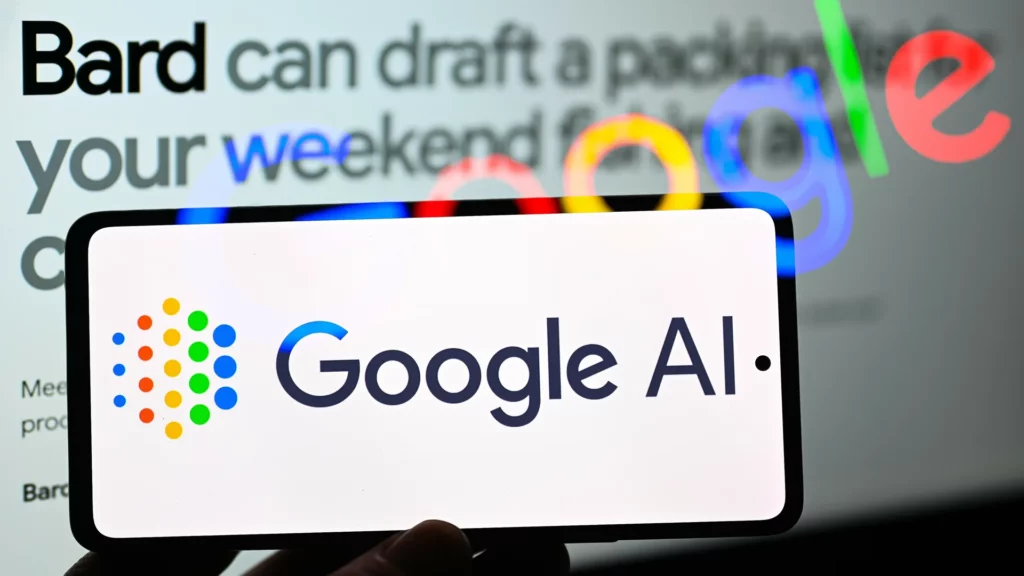
Google Bard itself is not an open-source platform, but the developer community has created an open-source repository for Google Bard. This repository offers a Python package that allows users to obtain responses from Google Bard via the API without any cost.
In addition to the package, the repository provides scripts for comparing the Bard model with OpenAI’s ChatGPT. This resource is specifically designed to be applied with the Python package ExceptNotifier. For official access to Google’s PaLM and PaLM-2 models through their Vertex API, the recommended source is the Model Garden page on Google Cloud.
Why Is Google Bard Not Open Source?
The answer to Is Google Bard Open Source is no, and we know know it now. But why is it so? Google Bard, a large language model currently in the development phase, has not been made open source at this time. Google’s priority is to ensure the safety and reliability of Bard before releasing it to the public. The company is actively working on enhancing the performance and versatility of Bard as part of this ongoing development process. Although Google may consider making Bard open source in the future, it is important to understand the reasons behind keeping it closed source for now.
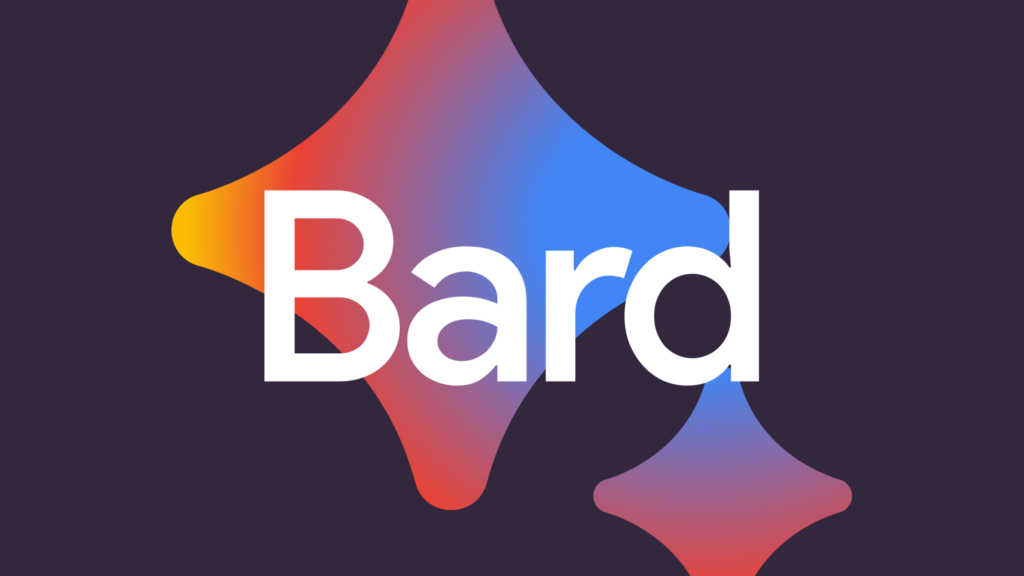
One of the reasons for keeping Bard closed source is to protect Google’s intellectual property. Given the significant investments of time and resources in developing Bard, Google aims to safeguard its proprietary techniques and knowledge from competitors. By maintaining a closed-source approach, Google can retain a competitive edge in the market.
Another crucial aspect is Google’s desire to maintain control over how Bard is utilized. With an open-source model, there is a potential risk of misuse, such as the generation of fake news or the dissemination of propaganda. By keeping Bard closed-source, Google can implement safeguards and maintain responsibility for the responsible usage of the model.
Additionally, Google may simply not feel ready to open-source Bard at this point. As a work in progress, the company may want to further refine and stabilize Bard’s capabilities to ensure a mature and reliable product before making it available to the wider public.
While these factors contribute to Bard remaining a closed source for now, it is possible that Google’s stance on openness may evolve in the future as Bard continues to progress and meet the necessary criteria for public release.
Why Should Google Bard Made Open Source?
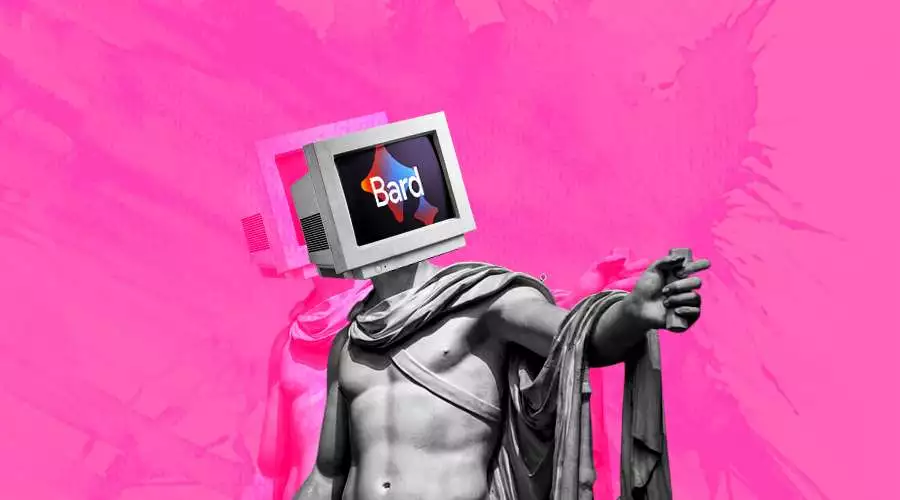
The notion of making Bard open source has sparked several arguments in its favor. One prominent argument highlights the potential security advantages of open-source software compared to closed-source counterparts. The transparency inherent in open source allows for easier scrutiny by security experts, thus potentially enhancing the overall security of the software.
Another compelling argument in favor of open-source software emphasizes its propensity for fostering innovation. Open-source projects often benefit from the contributions and insights of a diverse and expansive community of developers. This collaborative nature promotes innovation, enabling the software to evolve and improve more rapidly.
Furthermore, open-source software often exhibits affordability as a notable advantage over closed-source alternatives. The freedom to freely copy and distribute open-source software helps eliminate licensing fees, making it more accessible and cost-effective for users and organizations.
Ultimately, the decision of whether to make Bard open source lies within the purview of Google. It is Google’s responsibility to carefully weigh the benefits and drawbacks of open-sourcing Bard before arriving at a decision that aligns with its goals and objectives.
Wrapping Up
In the ever-evolving world of Is Google Bard Open Source., Google’s stance on open source is a fascinating dance filled with intrigue and complexity. Like a skilled performer, Google carefully balances its proprietary roots with meaningful contributions to open-source projects, creating a delicate harmony between transparency, security, and innovation.
As we contemplate what lies ahead, we eagerly anticipate the next chapters of Google’s open-source journey, eagerly awaiting the captivating twists and turns that will shape the digital landscape. The interplay between proprietary and open-source forces continues to mesmerize us, leaving us filled with curiosity and excitement for the endless possibilities that await us.
Hope this article helped you gather some ideas about Is Google Bard Open Source.
Frequently Asked Questions
1. Is Google Bard an open-source platform?
No, Google Bard is not an open-source platform at present.
2. Are there any open-source components or repositories related to Google Bard?
Yes, there is an open-source repository created by the developer community that includes a Python package for interacting with Google Bard through the API. However, the core Google Bard platform itself is not open source.
3. Why isn’t Google Bard open source?
Google has chosen to keep Bard closed source to ensure its safety, and reliability, and to protect its intellectual property. They want to prevent potential misuse and maintain control over the platform.
4. Is there a possibility that Google Bard will become open source in the future?
While Google has not made any official announcements, there is a chance that Bard could become open source in the future as the platform continues to develop and mature.
5. What are the potential benefits of making Google Bard open source?
Open-sourcing Bard could foster collaboration, innovation, and community-driven development. It may also allow for increased transparency and security audits by experts.
6. Does Google have any other open-source projects related to language models?
Yes, Google has open-source projects such as TensorFlow and BERT (Bidirectional Encoder Representations from Transformers), which have contributed to advancements in natural language processing and machine learning. However, these projects are separate from Google Bard.
